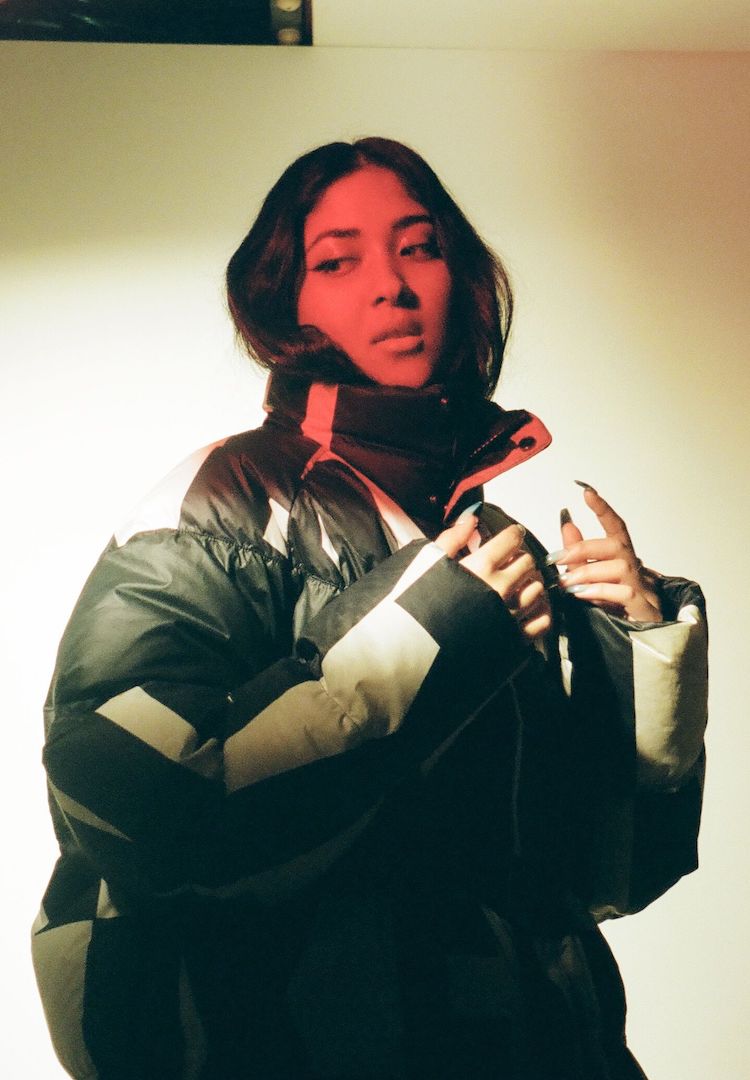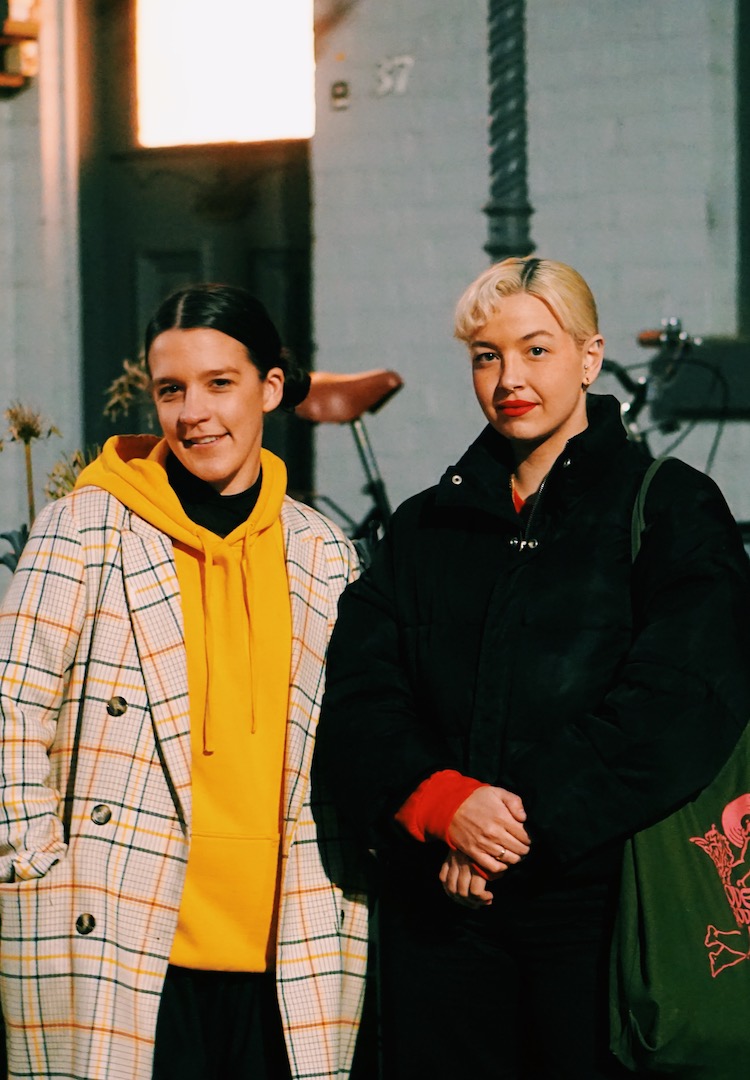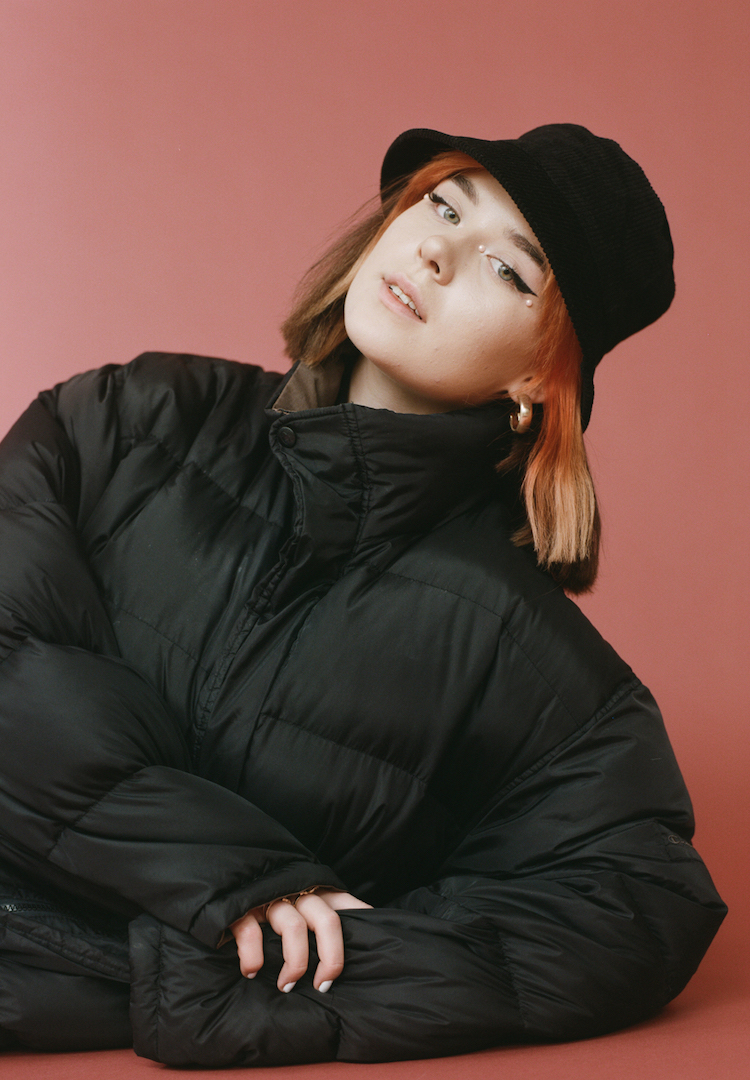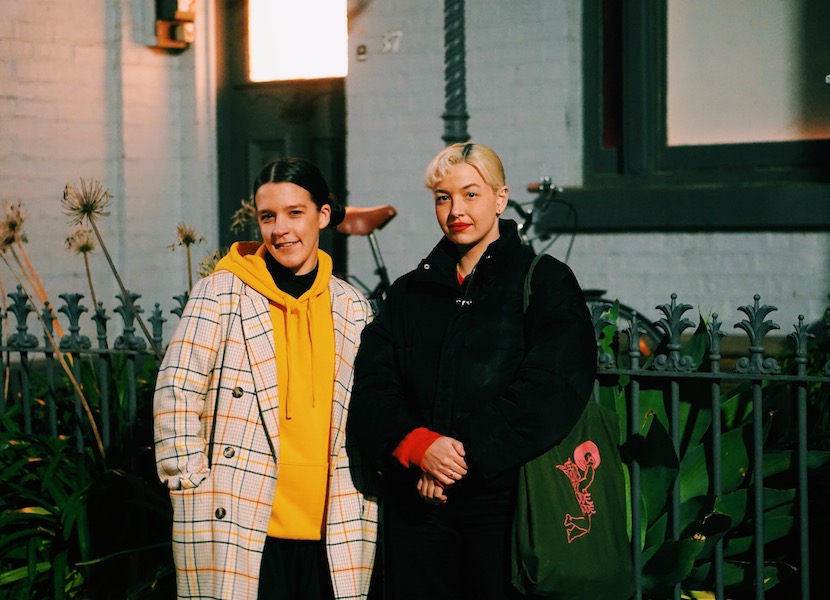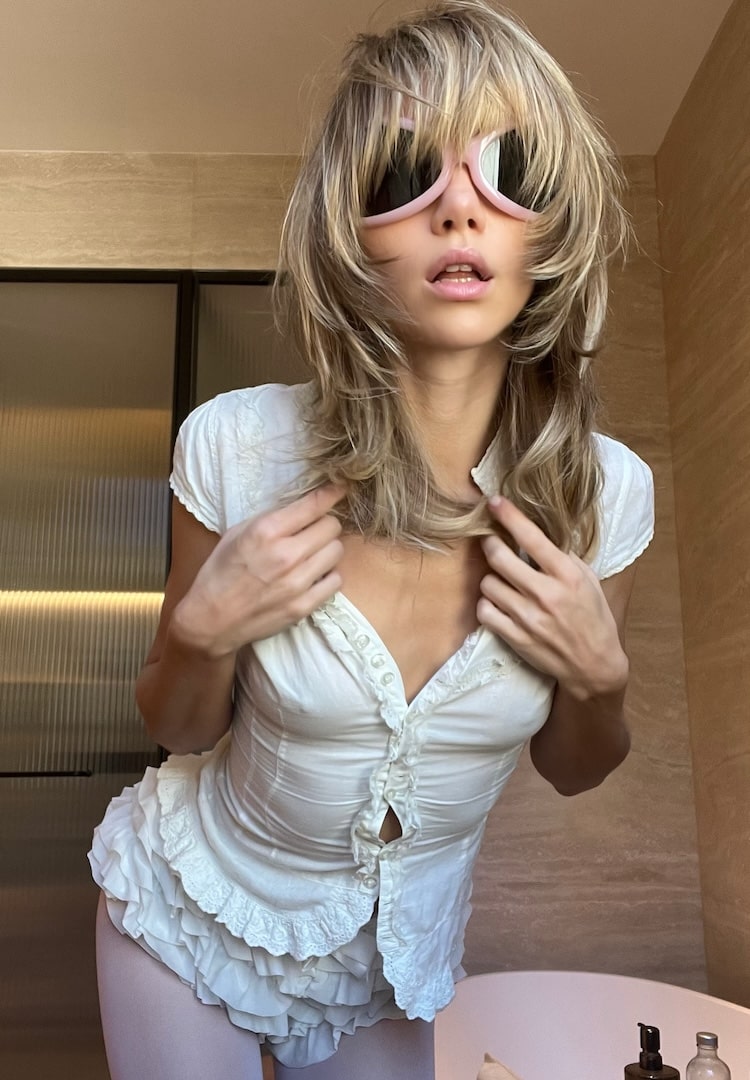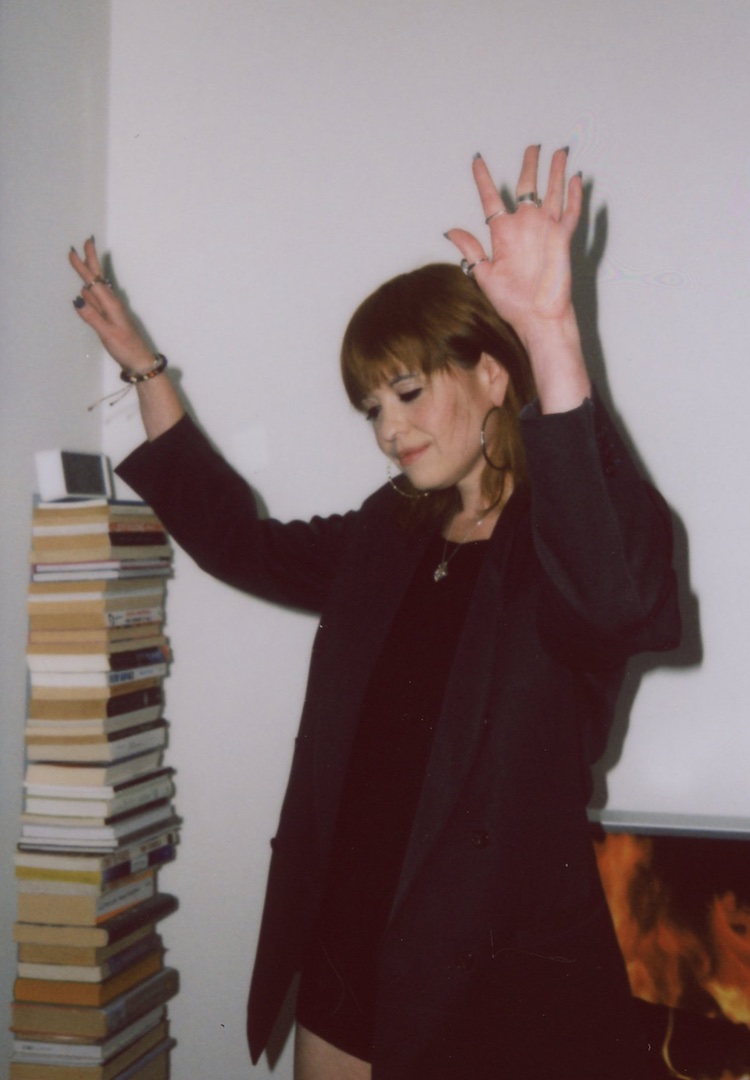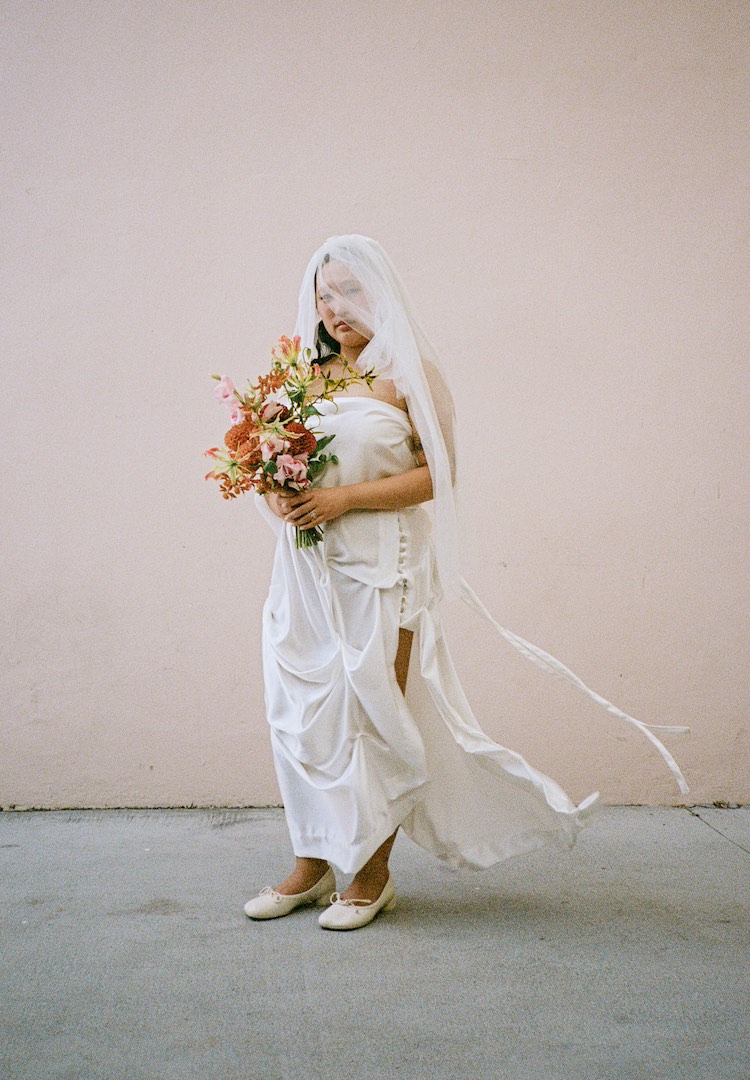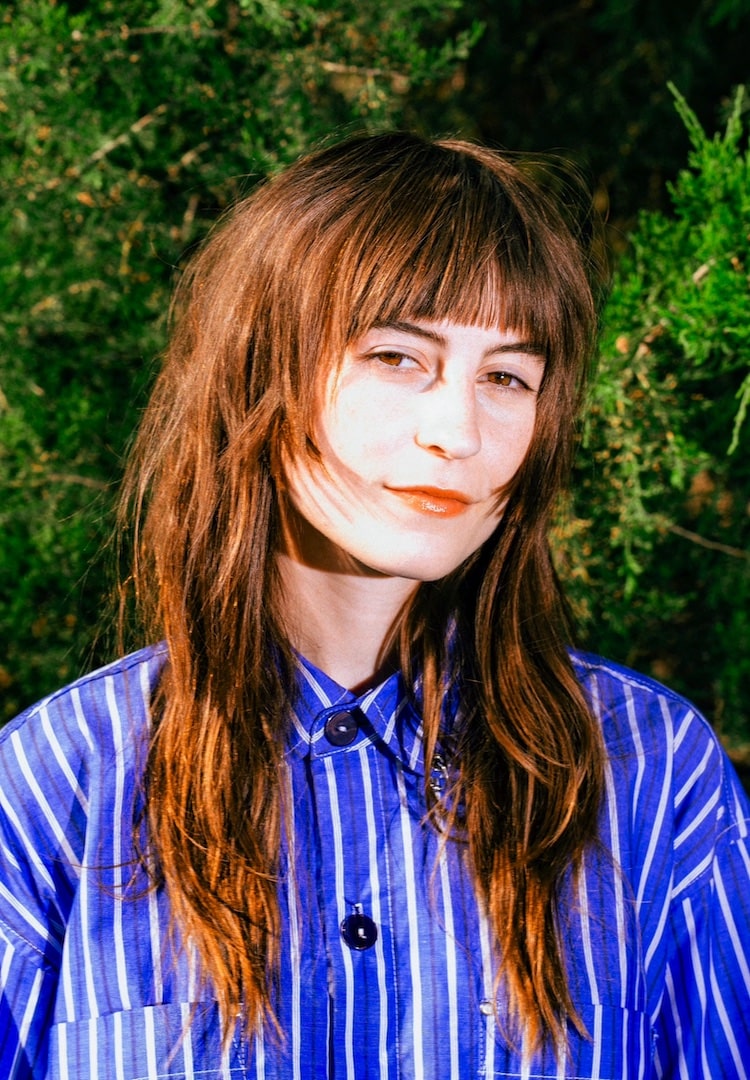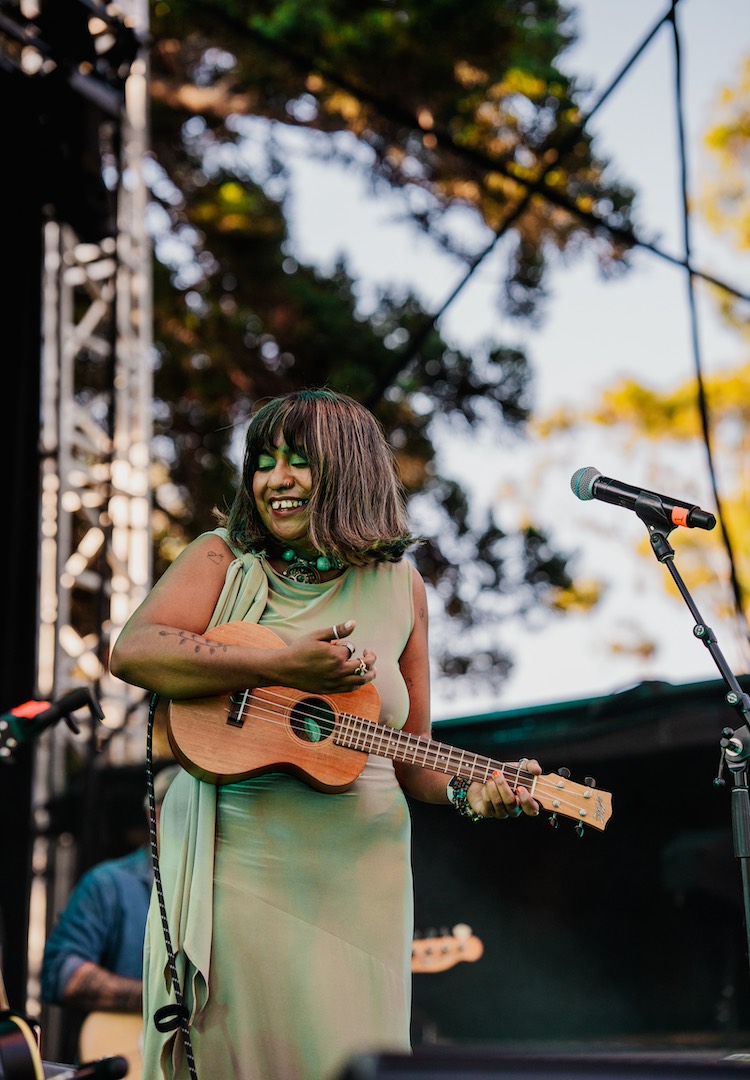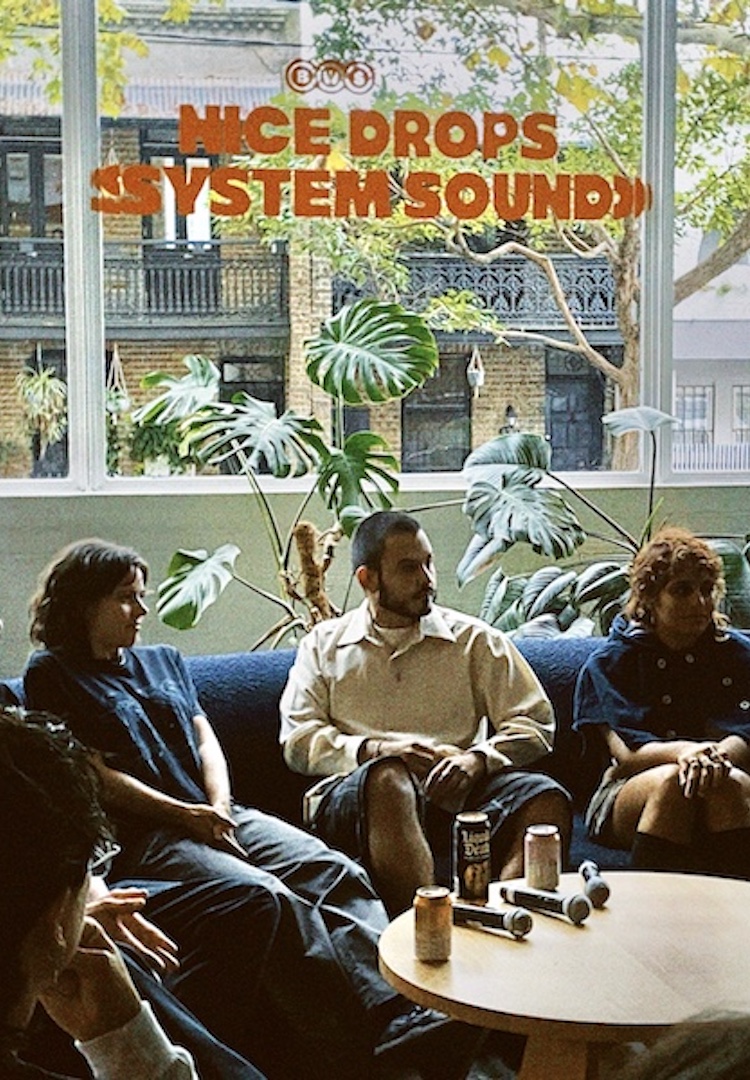The WIP Project database is challenging the boys’ club of DJing
PHOTOGRAPHY BY Sebastian Damm
WORDS BY ELIZA SHOLLY
Meet the pair behind The WIP Project, a new DJ directory for womxn.
Clicking on this article shouldn’t be your first time learning that DJing has a gender problem. Reports have been collated, statistics have been published and the overarching message is clear: female and non-binary artists are disproportionately represented in the dance music industry.
And while commitments have been made, and small tangible changes have allowed the mainstream culture to begin shifting, there are still an array of issues that permeate behind the scenes.
A couple of years ago, in response to this gendered chaos, an unassuming spreadsheet began doing the rounds. It read like a running Google doc, whereby female and gender non-conforming DJs could be listed, in an attempt to highlight just how much talent was being ignored out there.
Creator Sarah Morgan recognised its traction early on and reacted to consolidate the format. Sarah – known on line-ups as DJ Sarah, and one-half of Interstellar Fugitives, took the idea to friend and fellow DJ, Florence Brown. Florence, who performs as Floss Dogg and as part of the Melbourne-based collective Primer, knew she was the right person for the job.
Her finesse as a web developer at FLSY studio transformed the humble spreadsheet into The WIP Project. The schmick looking website serves as a free online database of female and gender non conforming (GNC) dance-music artists and industry professionals, which aims to unite bookers, artists and the wider dance community.
The thing to recognise about The WIP Project, however, while you’re scrolling through the endless stream of impressive portfolios, is that these womxn didn’t appear out of nowhere. Much like Sarah and Floss themselves, many of them have been part of a grass-roots music movement, working behind the scenes to elevate and empower others in the industry.
The platform is important, necessary, and to be honest, a lot of fun to peruse. So, let’s talk to them about it, shall we…
I feel like one of the biggest barriers to entry for female DJs is access to equipment and education. Could you talk me through your origin stories?
Sarah: When I was younger, and first started going out – I’m talking like 17 or 18 – I was really into dance music. I couldn’t play an instrument, but I was obsessed with finding tracks and knew it was something I really wanted to do. I struggled to find someone to teach me, I thought I had to buy expensive brand new equipment – there were all these roadblocks that I thought I was hitting.
Funnily enough, I ended up doing a music elective at uni, which was where I met my first DJ partner. I ended up having this buddy, and we had access to all the equipment. We started making some friends and getting really little gigs. Maybe we would get paid, or free drinks or something, which I just thought was the sickest thing.
Once I had access to the equipment, I began learning enough to justify investing in my own second-hand stuff, which I still have now. I soon realised that the limitations I thought were there initially, weren’t. Which is something I try to communicate to people now, especially women. You don’t have to have really expensive equipment.
Florence: I have a really different story to Sarah, actually. I was a super reluctant DJ initially. My boyfriend and housemates were into it, and they used to mix at home for hours and hours. When I would jump on I honestly found it kind of boring. Even at the time, I wasn’t really interested in dance or electronic music, and I definitely didn’t understand techno at all. I pretty much only cared about hip-hop.
Once I started going out a bit more and immersing myself in that ‘scene’, it was always in the back of my mind. I remember having this pivotal moment at an illegal park rave, under a bridge somewhere, and Roza Terenzi played all this bass-heavy music. It was the first time I had ever really listened to a DJ set where I felt an appreciation that I’d never felt before. After that, I started to collect some of that kind of music, and I already had access to decks at home, [so] it just kind of evolved from there. Once I started playing my own music, I went straight in and became obsessed.
Did you recognise a gender imbalance early on?
S: I definitely recognise the imbalances more so now, in hindsight, when I reflect on the beginning. These days, I’m lucky enough to be in such a welcoming, diverse community of people, that it’s almost gotten to the point where I have to remind myself that there are issues.
F: In the circles of which we participate, it’s very balanced. So it can appear that there is already equality.
S: If you dig deeper though, it’s not just the people playing. It’s the womxn behind the scenes – bookers, the agents, sound engineers – who might not have a Facebook page about them or an Instagram where they can promote themselves.
F: And often these are the people who hold the most power.
S: I noticed it more so back in the day, with line ups and things like that. There were heaps of times where I was the only woman on the lineup. And also times when I recognised that I was only getting booked because I was a woman.
F: That definitely still goes on. And like, it can be nice to have that positive discrimination sometimes, but it can come across as tokenistic.
Because of things like that, is there a culture of competition with other female and GNC DJs?
F: I don’t feel any competition with any women in our scene. I think it’s a very supportive community in Melbourne. There’s always room for one more good one.
S: Music is collaborative, not competitive – there is always room for more. But by that same token, I think there can be an unconscious bias where it does happen. There might be circumstances where bookers think “Oh, well we’ve already got this woman who is like this” so there might not be as much space. I think that happens in all creative industries, where competition is created, not so much among women themselves, but in a more subtle way. Women often get lumped into the same pocket, where it’s deemed that they all sound the same, which is just absolutely not the case.
Could you tell me about the initial spreadsheet – what sparked that desire?
S: I was quite vocal about how I felt about the importance of diverse line ups. Over time, I was having more and more constructive conversations, but like a lot of people, I noticed that it was an issue. The great thing about now, however, is that people want to make a change.
I had a lot of people coming to me asking if I could recommend any other female DJs. Or, I would get booked for a gig and suggest adding a few more women, and they would be really receptive, but just not know who to book. I was pretty glad that they wanted to do that, so I felt empowered to help.
Through that, I just started making a list of artists, and I thought I would just put it into a spreadsheet so it’s easier and everyone can share it around. At the bottom, it had an email where people could contact me to add themselves, and it just got out of control. I had an email inbox with tonnes of women and GNC DJs and producers messaging me trying to get on it. I realised there was so much more talent than I ever realised, and thought it would be really cool as a website.
How did that evolve into the WIP project?
F: I’ve always worked in technology, as a producer building websites for agencies. Earlier this year I started my own creative agency called FLSY studio, which is a collaborative agency between me and six other creatives. I’m the website builder. I knew Sarah was doing the spreadsheet and I thought it would be a really fun project, and a labour of love to put it together as a website where people can submit their own profile. It was a very simple idea when I took it to Sarah. We had a wine and started chatting about it. Sarah has been a great project manager, and it’s just sort of grown from there into a super functional, easy platform to submit and be displayed.
S: Seeing the spreadsheet get shared so widely was a true proof of concept. It demonstrated that there is a need for something like this to exist; something more practical, easy to use, and more beautiful. There are definitely other resources out there, and other spreadsheets floating around, but Floss’ design and the functionality of the website really elevate it as a resource.
What are your immediate aims for the platform?
S: It’s kind of two-pronged. The main aim was to create a functional resource, but seeing it up there now, it’s a statement and it has impact. I think there is so much power for other people who are operating in this space or want to operate in this space, to see that there’s already a community there. And then if you’re already in it, to know that there’s a community around you. That’s really powerful.
F: We pretty much just wanted the list there to show, LOOK how many women there are.
What are your dreams for the platform? Is there anyone specifically you would love to see on there?
F: Oh god, I have so many female and GNC DJs that I love, but I think the dream would to have everyone. I want to see every womxn in Australian dance music on there – every newbie, every established DJ, sound engineers, bookers – we want everyone to be there.
S: I think having not only artists on there, but other industry people, provides a lot of opportunity for everyone to connect with each other, and collaborate. Growing a community like this, and then facilitating more collaboration within it, is the dream. It’s by the people, for the people.
When all is said and done, what is your favourite thing about being a womxn in music?
F: It’s hard to say because we don’t really know the alternative. It can feel pretty powerful standing up there in what’s historically been a male-dominated space. You’re controlling the vibe up there. Everyone’s night depends on you. But, I don’t know if being a woman effects the best part of being in music – I just think it’s sick on its own.
S: It’s a shame that it’s like this, but I think it’s empowering to surprise people or to prove them wrong. I still go to gigs and people don’t know I’m the DJ, or they think I’m someone’s girlfriend. Another one I hear a lot is “you’re actually so good” – the inference being that they’re surprised a girl can mix well. That can be really empowering though, to go up there, surprise people, rise above it all, and use that power and privilege to bring other people up. That’s probably my favourite part.

